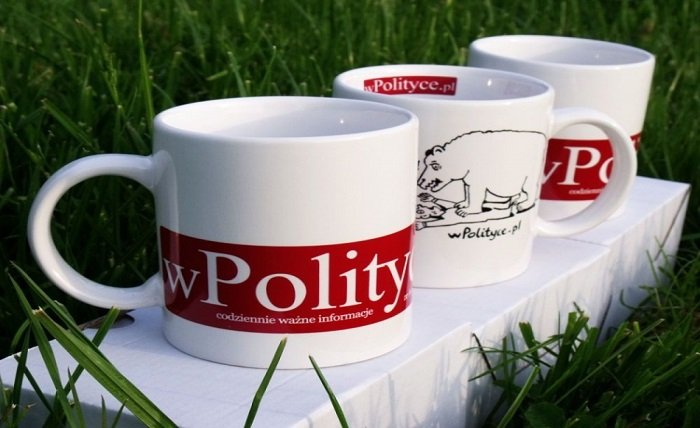Exploring “wPolityce Kultura”: The Interplay of Culture and Politics

Introduction to wPolityce Kultura
“wPolityce kultura” serves as a bridge connecting the realms of politics and culture. It captures the dynamic interplay between societal values, traditions, and the political landscape. In this blog post, we delve into the essence of “wPolityce kultura,” its significance, and its influence on shaping modern discourse.
The Historical Roots of wPolityce Kultura
The concept of “wPolityce kultura” has historical underpinnings that date back centuries. From the Renaissance’s cultural flourishing influenced by political patronage to the 20th-century revolutions where art served as a medium of protest, culture has always been intertwined with politics. Exploring “wPolityce kultura” allows us to understand how cultural movements and political ideologies have shaped societies globally.
The Role of wPolityce Kultura in Modern Society
In today’s interconnected world, “wPolityce kultura” has taken on new dimensions. Social media, digital art, and global communication channels amplify cultural messages and their political implications. “wPolityce kultura” is evident in how cultural symbols are used in political campaigns, protests, and policy-making. Recognizing this role highlights its pervasive influence in shaping public opinion.
How Media Shapes wPolityce Kultura
Media plays a pivotal role in framing “wPolityce kultura.” Through films, literature, and journalism, narratives about cultural and political issues are constructed. Whether it’s the portrayal of historical events in cinema or the cultural critique in editorial columns, “wPolityce kultura” becomes a lens through which society interprets complex phenomena. Analyzing media’s contribution underscores its power in molding perceptions.
The Intersection of Art and Politics in wPolityce Kultura
Art has always been a powerful medium within “wPolityce kultura.” From protest art to politically charged theater productions, the fusion of creativity and political expression is unmistakable. Artists often reflect on societal issues, making their work a testament to the prevailing “wPolityce kultura.” Understanding this intersection enriches our appreciation of both art and its political context.
Global Perspectives on wPolityce Kultura
The influence of “wPolityce kultura” transcends borders. Different countries manifest unique interactions between culture and politics based on their histories and societal structures. Whether it’s the role of Bollywood in shaping Indian political narratives or the cultural diplomacy efforts in Europe, “wPolityce kultura” is a universal phenomenon. Examining these perspectives provides a comprehensive view of its global significance.
Challenges and Controversies in wPolityce Kultura
“wPolityce kultura” is not without its challenges. The politicization of culture can lead to conflicts, censorship, and debates over authenticity. Questions arise about who gets to define cultural norms and how these norms influence policies. By exploring these controversies, we gain insights into the complexities of maintaining a balance between cultural expression and political agendas.
The Future of wPolityce Kultura
As technology evolves and societal norms shift, the future of “wPolityce kultura” remains dynamic. Emerging trends such as virtual reality in storytelling, AI-generated art, and globalized cultural exchanges are reshaping the landscape. Predicting how these changes will impact “wPolityce kultura” helps us prepare for a more inclusive and innovative cultural-political ecosystem.
Conclusion
“wPolityce kultura” is a multifaceted concept that underscores the deep interconnection between culture and politics. Its historical roots, modern implications, and future possibilities make it a vital area of study. Understanding “wPolityce kultura” enriches our perspectives on how societies evolve and adapt in the face of changing cultural and political landscapes.
FAQs
- What does “wPolityce kultura” mean? “wPolityce kultura” refers to the intersection of culture and politics, exploring how they influence and shape each other.
- Why is “wPolityce kultura” important? It highlights the dynamic relationship between societal values, artistic expression, and political ideologies, shaping public discourse.
- How does media influence “wPolityce kultura”? Media amplifies cultural and political narratives, shaping public perceptions through films, literature, and journalism.
- What role does art play in “wPolityce kultura”? Art serves as a medium for political expression, reflecting societal issues and contributing to cultural and political dialogue.
- What challenges does “wPolityce kultura” face? Challenges include cultural politicization, censorship, and debates over authenticity and representation in political contexts.




